Serbian President Vučić Announces That Two Major Countries Are Set to Withdraw Their Kosovo Recognition
In a significant diplomatic development, Serbian President Aleksandar Vučić announced that two major countries are preparing to withdraw their recognition of Kosovo as an independent state. This announcement has sent shockwaves through the Balkans and beyond, raising questions about the future of Kosovo’s international standing and the broader implications for regional stability. Vučić’s statement has reignited debates over the long-standing dispute between Serbia and Kosovo, highlighting the complex geopolitics that continue to shape the region.
The Background of Kosovo’s Independence
Kosovo declared its independence from Serbia in 2008, a move that was recognized by a number of countries around the world, including the United States and most European Union members. However, Serbia has never accepted Kosovo’s independence, considering the region an integral part of its sovereign territory. Kosovo’s declaration of independence followed years of ethnic conflict, including the brutal Kosovo War of the late 1990s, which ended with NATO intervention.
Since then, Kosovo has worked to establish itself as a separate entity on the international stage, joining international organizations and negotiating diplomatic recognition from various countries. As of now, more than 100 countries, including the majority of EU members, have recognized Kosovo’s independence. Yet, Serbia remains determined to reclaim Kosovo and has lobbied extensively to prevent further recognitions, with the backing of Russia and China, two of Kosovo’s staunchest critics.
Vučić’s Announcement: A Shocking Turn of Events
President Vučić’s announcement that two major countries are poised to withdraw their recognition of Kosovo has raised eyebrows. While he did not specify which countries are involved, the implication is that these nations may be responding to Serbia’s diplomatic efforts to reverse Kosovo’s independence status.
The move is a direct challenge to Kosovo’s aspirations for further international legitimacy. Kosovo has long sought greater recognition from global institutions like the United Nations (UN) and the European Union. However, it has faced strong opposition from Serbia and its allies, especially Russia and China, who have used their influence in global organizations to block Kosovo’s membership and international recognition.
Vučić’s announcement underscores Serbia’s continued opposition to Kosovo’s independence and signals that the country is gaining traction in its diplomatic efforts to reshape Kosovo’s global standing. For many, this news represents a major shift in the ongoing diplomatic battle over Kosovo’s future.
The Geopolitical Implications
The withdrawal of recognition by two major countries is seen as a blow to Kosovo’s international standing. While Kosovo has already faced setbacks in its efforts to join the United Nations, any reduction in the number of countries recognizing its sovereignty could further isolate it diplomatically and hinder its efforts to integrate into international institutions.
The potential withdrawal of recognition also has broader implications for the region. Kosovo’s independence has been a point of contention in the Balkans, and the status of the territory remains one of the most sensitive issues in regional politics. Any shift in international recognition could spark renewed tensions between Serbia and Kosovo, possibly even escalating into more direct confrontations between the two.
Furthermore, the announcement comes at a time of rising geopolitical competition, with Russia and China looking to expand their influence in Eastern Europe and the Balkans. Serbia, which has historically maintained strong ties with both Russia and China, has been using its diplomatic channels to rally support for its position on Kosovo. These countries have consistently opposed Kosovo’s recognition, making the latest announcement an important signal of their continued support for Serbia’s stance.
Serbia’s Diplomatic Strategy
Serbia has invested heavily in its diplomatic campaign to reverse Kosovo’s independence recognition. The country has worked tirelessly to gain the support of other nations, particularly those in Africa, Asia, and Latin America, to prevent Kosovo from gaining full recognition on the global stage. Vučić’s announcement suggests that these efforts may be yielding results.
Serbia’s diplomatic push has focused on emphasizing Kosovo’s historical ties to Serbia, framing the issue as a matter of territorial integrity and national sovereignty. The Serbian government has also pointed to Kosovo’s declaration of independence as a violation of international law, arguing that Kosovo’s unilateral move should not be recognized by the international community.
In addition to its lobbying efforts, Serbia has worked to build stronger relations with Russia and China, both of which have opposed Kosovo’s independence from the outset. These nations have used their veto power in the UN Security Council to block Kosovo’s membership in the United Nations, and they continue to be key players in Serbia’s strategy to prevent Kosovo from gaining broader international legitimacy.
The Reactions from Kosovo and the International Community
Kosovo has responded to Vučić’s announcement with frustration, reiterating its commitment to pursuing further international recognition. Kosovo’s leadership has insisted that the country’s independence is irreversible and that the withdrawal of recognition by a few countries will not change the fact that Kosovo is an independent state.
Prime Minister Albin Kurti of Kosovo condemned Serbia’s actions, labeling them as an attempt to undermine Kosovo’s sovereignty and stability. Kurti emphasized that Kosovo’s independence is recognized by the majority of countries in the world, and the withdrawal of recognition by a few nations would not alter the country’s standing.
On the international stage, the reaction to Vučić’s announcement has been mixed. Western nations, including the European Union and the United States, continue to support Kosovo’s independence, with the EU urging both Serbia and Kosovo to resume dialogue and work toward a lasting agreement. However, the European Union’s efforts to mediate negotiations between Serbia and Kosovo have often been slow and fraught with difficulty, as both sides remain entrenched in their positions.
Meanwhile, Russia and China have reiterated their support for Serbia, with both countries continuing to oppose Kosovo’s membership in international organizations. The growing influence of Russia and China in the Balkans has complicated the EU’s efforts to mediate a resolution to the Kosovo issue, further entrenching the geopolitical divide in the region.
What Does the Future Hold for Kosovo?
The situation remains fluid, and the potential withdrawal of recognition by two major countries is likely to have significant implications for Kosovo’s future. While Kosovo has achieved significant milestones in its path to international recognition, the challenge of gaining full acceptance on the world stage remains ongoing.
For Kosovo, the path forward will depend on continued diplomatic efforts, both within the region and globally. The support of major powers, including the United States and the European Union, will be critical in ensuring that Kosovo can continue to build its international standing despite challenges from Serbia and its allies.
At the same time, Kosovo must work toward internal stability, strengthening its democratic institutions, addressing economic challenges, and fostering greater reconciliation with its Serbian minority. These steps will be essential for ensuring the long-term success and stability of Kosovo as an independent state.
Conclusion: A Diplomatic Turning Point
President Vučić’s announcement that two major countries are set to withdraw their recognition of Kosovo represents a diplomatic turning point in the long-standing dispute between Serbia and Kosovo. While Kosovo has made significant strides in gaining international recognition, the fight for full global acceptance continues. The geopolitical stakes remain high, and the coming weeks and months are likely to bring further developments in this complex and evolving issue.
Whether this move will have a lasting impact on Kosovo’s international status remains to be seen. However, the announcement highlights the ongoing tensions and rivalries in the Balkans, as well as the broader geopolitical maneuvering that continues to shape the region.
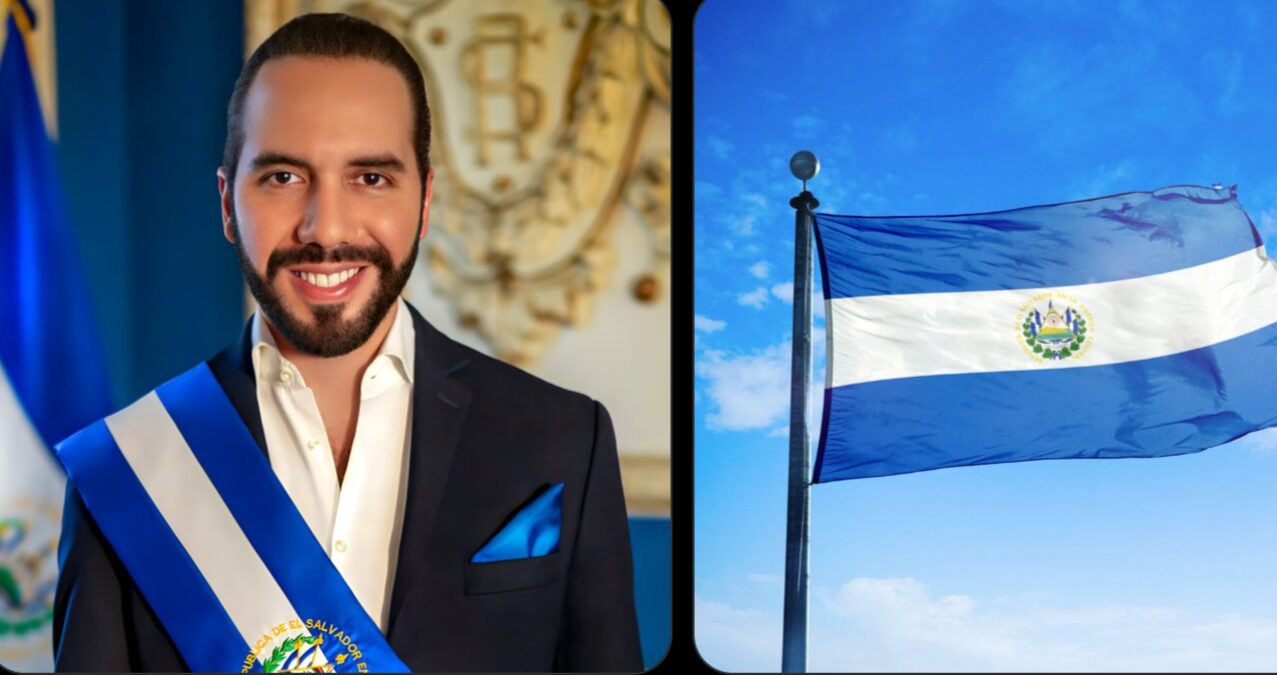
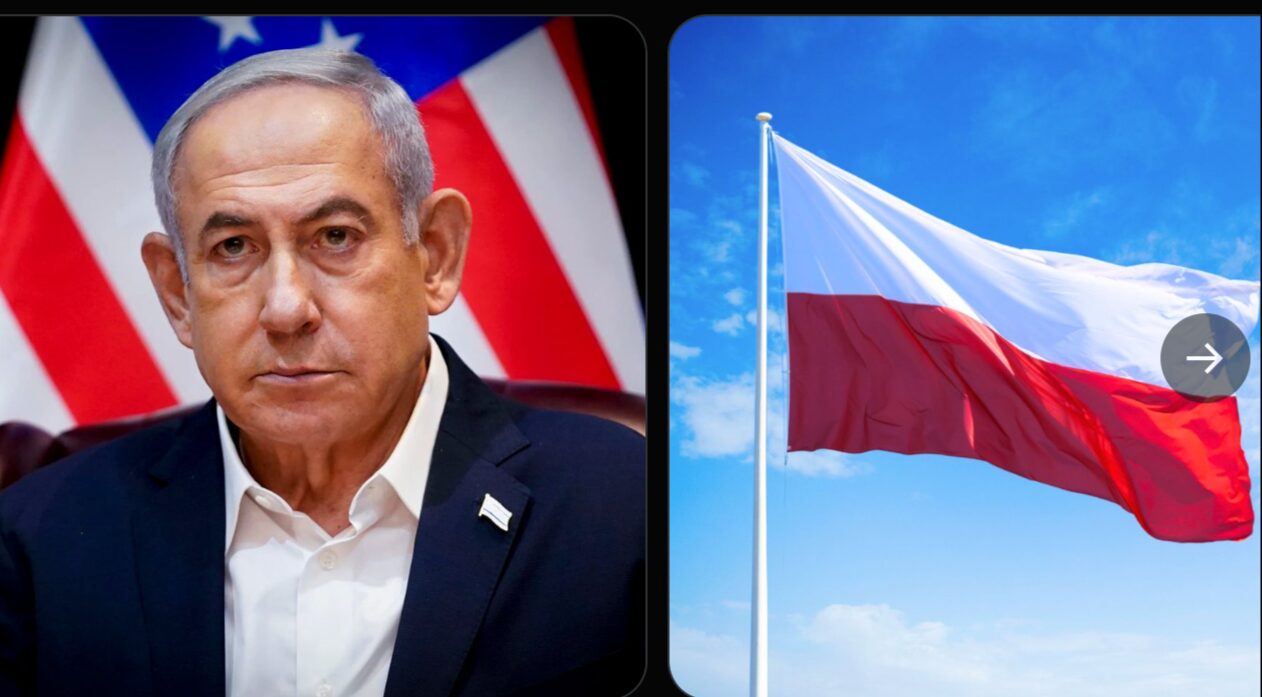
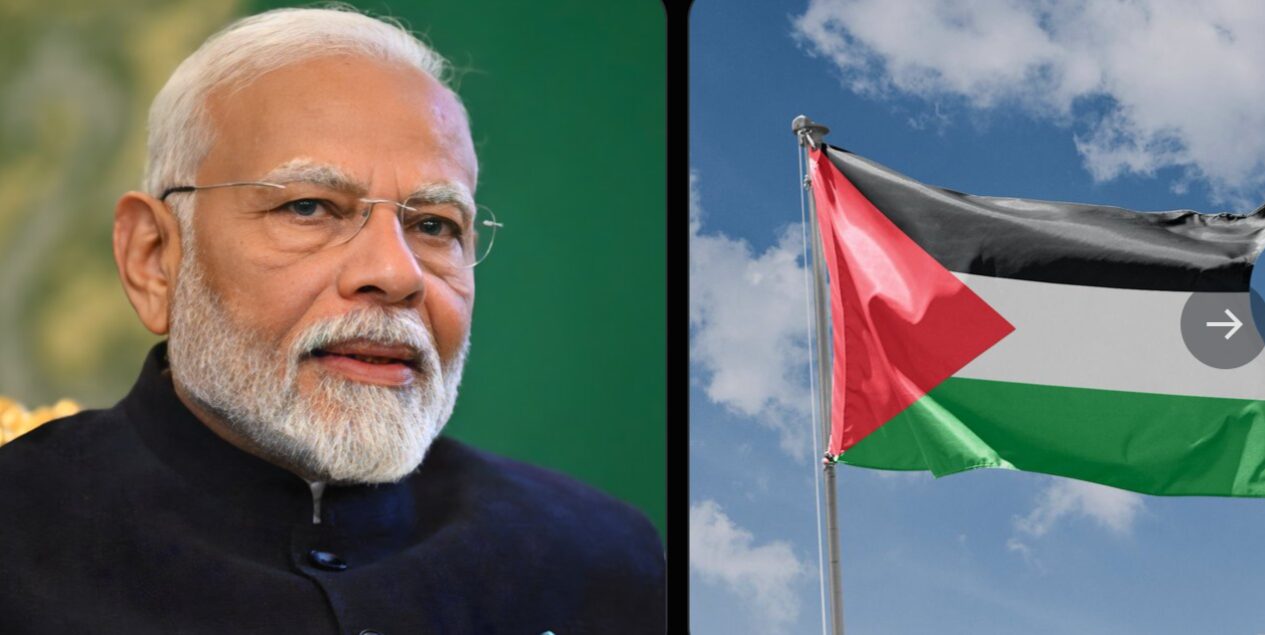
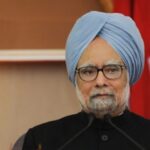



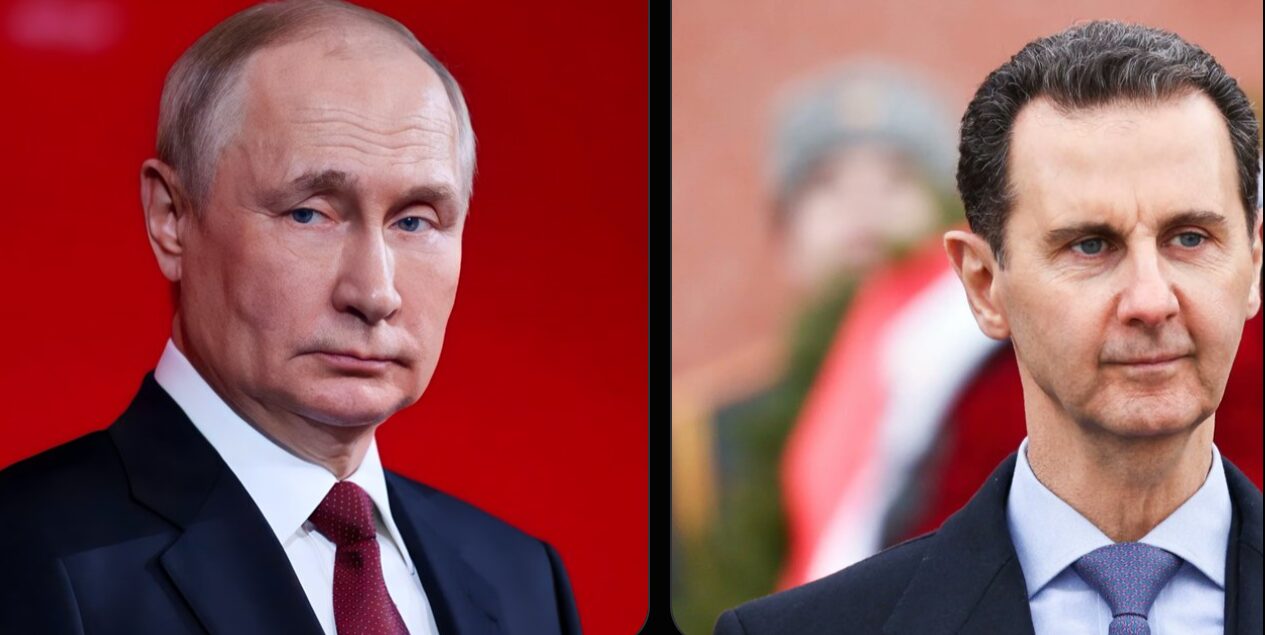









Post Comment